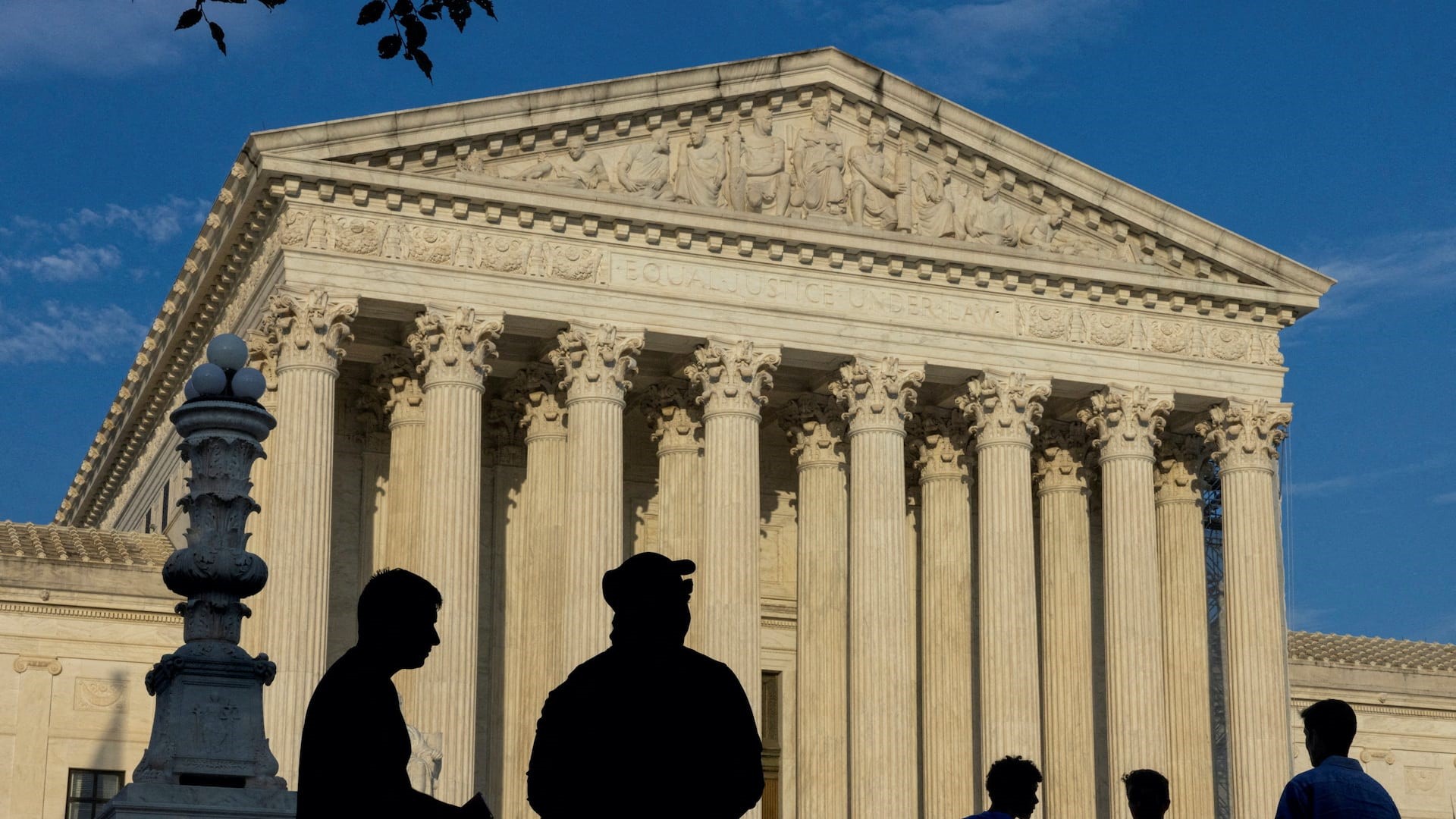Supreme Court to determine the bar for bias lawsuits from white, straight workers
Supreme Court to determine the bar for bias lawsuits from white, straight workers
A Supreme Court ruling in favor of Ames could provide a boost to the growing number of lawsuits by white and straight workers claiming they were discriminated against under company DEI policies.
BY Reuters
The U.S. Supreme Court agreed on Friday to decide whether it should be more difficult for workers from “majority backgrounds,” such as white or heterosexual people, to prove workplace discrimination claims.
The justices took up an appeal by Marlean Ames, a heterosexual woman, seeking to revive her lawsuit against the Ohio Department of Youth Services in which she said she lost her job to a gay man and was passed over for a promotion in favor of a gay woman in violation of federal civil rights law.
The Cincinnati, Ohio-based 6th U.S. Circuit Court of Appeals decided last year that she had not shown the “background circumstances” that courts require to prove that she faced discrimination because she is straight, as she alleged.
She brought her lawsuit under Title VII of the Civil Rights Act of 1964, the landmark federal law banning workplace discrimination based on traits including race, sex, religion and national origin.
Since the 1980s, at least four other U.S. appeals courts have adopted similar hurdles to proving discrimination claims against members of majority groups, largely in cases involving white men. Those courts have said the higher bar is justified because discrimination against those workers is relatively uncommon.
But other courts have said that Title VII does not distinguish between bias against minority and majority groups.
A Supreme Court ruling in favor of Ames could provide a boost to the growing number of lawsuits by white and straight workers claiming they were discriminated against under company diversity, equity and inclusion policies.
The court will hear arguments in the case in its new term, which begins on Monday, and a decision is expected by the end of June.
Lawyers for Ames and the Ohio agency, which oversees the confinement and rehabilitation of juvenile felony offenders, did not immediately respond to requests for comment.
Ames was in charge of ensuring the agency’s compliance with a federal law designed to deter sexual assaults in prisons. She has said that despite receiving positive feedback for her job performance, she was demoted to her old job in 2019 and had her pay cut by nearly $20 an hour.
Ames has said she was replaced by a younger gay man, and that later in 2019 she was denied a promotion she had sought that went to a gay woman.
She sued the department in 2020. An Ohio federal judge dismissed the case last year, saying she had not shown the “background circumstances” to support her discrimination claim.
The 6th Circuit upheld that decision last December. The 6th Circuit said that background circumstances can include evidence that a member of a minority group, such as a gay person, made the challenged employment decision, or data showing a larger pattern of discrimination by an employer against members of a majority group.
—Daniel Wiessner, Reuters
(3)



